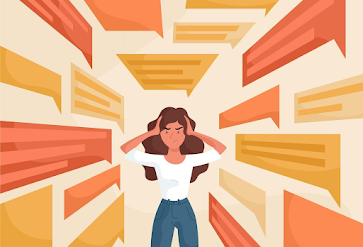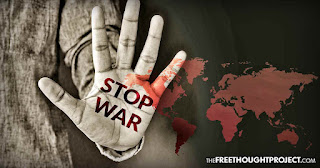There's no doubt that technology has become the center of society. As long as I've been around, technology has been a huge part of the modern day world. I've never really known anything other than having technology around and at every turn. Even though smartphones weren't released and weren't popular until I was a little older, I don't remember much of the world before smartphones. Everyone is involved with technology, and everyone comes into contact with it in some form or another. There are constant advancements in technology, and it seems that I'm more and more blown away with technology as time goes on. The way that technology has been implemented into our society has intentionally caused us to form a relationship with technology.
Technology has re-programmed our brains to be dependent on technology in many ways. I'm in the same boat of people that are constantly glued to their phone. Between Instagram, Snapchat, Tik Tok, and my ongoing mobile game of The Sims, I never run out of things to do on my phone. I've noticed that since being given a phone, I can't remember the last time that I was bored. I remember being a little kid and being totally bored out of my mind if I couldn't go outside to occupy myself. Now, I constantly have a source of entertainment in my back pocket. It's easy to occupy myself with my phone or my TV, and I know that the over abundance of time that I spend with technology isn't great for me.
It's probably a bit of an understatement to say that we have a certain kind of dependency when it comes to technology. "Technology addiction can be defined as frequent and obsessive technology-related behavior increasingly practiced despite negative consequences to the user of the technology." Technology creates a certain stimulation in our brains. That stimulation is an efficient way to lessen stress, curb boredom, and escape from the harsh reality of the world. This creates an addiction, and a need to constantly be stimulated by technology. One huge source of technology stimulation is an extremely common one. Video games stimulate the brain in more ways than one. The challenges that the game presents make the player feel like they excel at something, and the choice to play the game according to the player's liking helps them feel in control. While that mental stimulation can be a good thing, too much of it is a bad thing. Video games apply to the same issue of creating a sedentary lifestyle, and there is a huge debate over whether or not video games are to blame for the uptick in teenage violence. The natural need for brain stimulation is normal, but the addiction to technology comes from the fact that technology can give us that stimulation quickly and at any time. Our brains have been wired and trained to constantly need to have some kind of exposure to stimulation from technology. 1 in 8 Americans are addicted to some form of technology and that number is only continuing to grow.
Despite the negative effect that technology has on health, relationships, and our brains -- technology has so many beneficial qualities as well. Technology is an impressive advancement in human society. While we do take it for granted, technology is simply just cool. How impressive is it that I can take my phone out of my pocket, open Google, and find out the value of Pi in milliseconds? There's something so comforting about being able to open Netflix and watch a few episodes of my favorite show no matter where I am. Technology has advanced our world in so many positive ways. Technology has benefited modern medicine to increase early diagnoses to boost the odds of survival/recovery. Technology has made long distance communication easy and efficient, which broadens the range of people that we can get in touch with. Education has changed due to technology. Technology allows for research to be easier and more legitimate (as long as students are double checking their sources), and educators are using technology to their advantage to teach their lessons.


















































